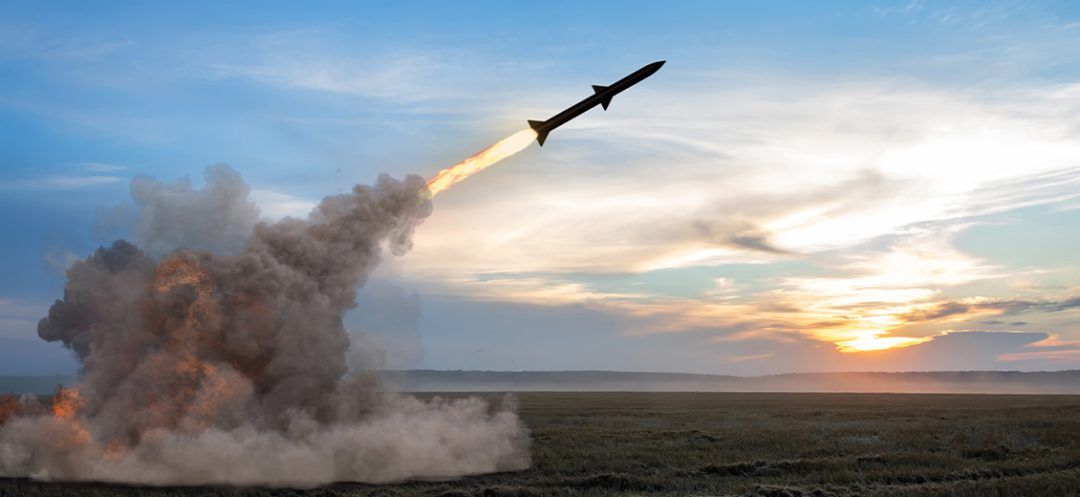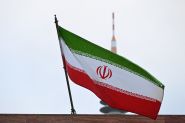- Home
- Middle East
- A Decaying Near-East and the Purview of Negotiations

The striking fact about the ongoing truce negotiations is the nature of their stakes, their partners and their projected outcomes. After 10 months of open-ended wars on three battlefronts, we are left with one successful truce, the comeback of an unhindered course of violence, the looming hazards of a total war destroying whatever is left from the decaying regional order, and the US diplomacy backed up by an armada of war vessels determined to stave off the eventual implosion in course. What is particularly puzzling in this triangulation is the key players involved, with states seemingly sidelined and intentionally overlooked in favor of Iranian imperial power, which appears to dominate the chessboard and dictate the rules of engagement.
The US, Qatar and Egypt are trying, each in its own way, to lower the tension, set a de-escalation process whereby Iran and Israel endorse the enactment of attainable operational objectives (working truces on the ground, liberation of Israeli hostages versus Palestinian prisoners, defining the rules of temporary disengagement, security mappings, borders security, identifying the occasional political partnerships, discussing the issues of the Gaza future governance…, as preludes, if ever, to an overall political negotiation). The significant strategic breakdown that followed the events of October 7, 2023, and its disastrous aftermath mark the culmination of three decades of decline that have eroded the legacy of international mediations and peace agreements, fueling radicalization at both ends of the Israeli and Palestinian political spectrum.
Ironically, the primary actors directly affected on the Arab side (Palestinians, Lebanese and Syrians) have been overshadowed by the Iranian power broker, which exerts influence over the political landscape in two failed states (Lebanon and Syria) and navigates through an inconsistent Palestinian political terrain lacking in political and moral autonomy. When the US and its associates engage in negotiations, they are quite aware of the equivocations and murkiness of the political quagmire, the deliquescent regional order, the unreliability of the Arab partners and the quintessential maneuvering of the Iranian negotiators. Israelis are the only predictable actors in spite of their serious political differences, their internal political polarization and their strengthening extremist aisles.
The perplex picture and its meandering complexion leaves observers skeptical about the chances of success when the State entities are sublated and subsumed under imperial patronage, Islamic power politics, and rickety States which have no control over their territories and shredded ethnic tapestries. Aside from tactical truce interludes, hostage and prisoners exchange and humanitarian relief, one wonders about the outcomes of this preventive diplomacy and its impact on the broader stabilization politics, the resumption of peace making diplomacy and State building. We have to assume, beforehand, that none of these issues are part of the Iranian diplomacy playbook and its worldview.
The “heuristics of fear” are the only guide for diplomats who are overrun by time, the hazards of open-ended conflicts, the threadbare political narratives of a war-torn Middle East where nothing holds, the structural deficits of a ramshackle regional order and their attending nihilism. Can fear alone dissuade without a broader political vision that offers an alternative horizon? Iranian imperialism poses a challenge to the remnants of the regional order: Territorial Statehood, civil peace within Iran itself and the rest of the region, international power dynamics and equilibriums, and promoting the other version of Islamic totalitarianism advocated by the Muslim brotherhood since 1928.
However, the Iranian regime's compounded fragilities put it in a state of high alert and extreme circumspection while trying to navigate its circuitous course with the least damaging effects, through surrogate and remote wars, a ham-fisted domestic repression and calculated retributions, if necessary. Hopefully, the ongoing diplomatic efforts will kickstart a positive cycle of effective diplomacy and establish the foundations for a sustained stabilization in a region that has lost its bearings. The "heuristics of availability" play a crucial role in defining the navigation path, setting priorities and dispelling illusions in a region fraught with uncertainties.
Read more



Comments